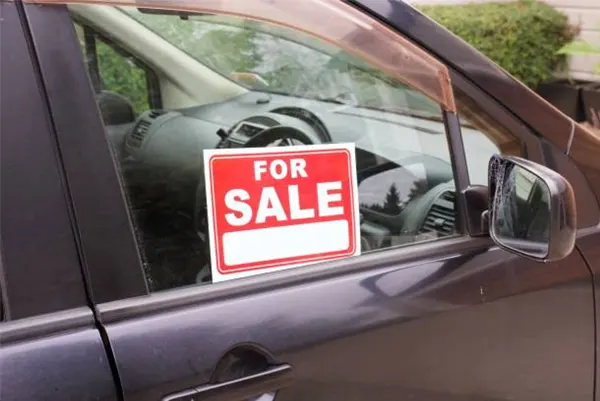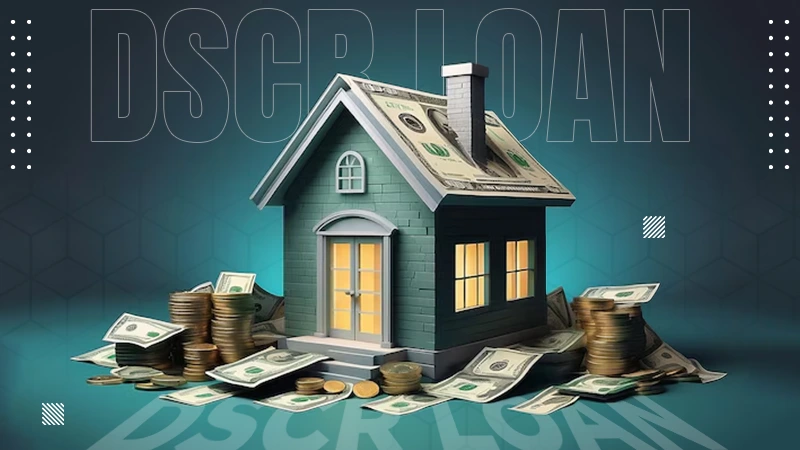For financing, banking finance is far superior to in-house finance in terms of interest rates. They offer competitive interest rates that don’t have many differences from competitors’ rates. But when it comes to the ease of financing, in-house car finances quickly get approved within a few hours, whereas bank finance takes several days and weeks to get approved.
Financing a car with a low credit score or bad credit history has various limitations and restrictions because of the huge list of requirements, terms, and conditions. Considering this, various retailers started financing customers’ purchases through in-house financing dealerships. This enables quick and easy approval of the loan amount without considering the credit score of the borrower.
As the popularity of in-house car financing is rapidly growing, it has become necessary for all car loan borrowers to deeply understand its significance, along with its pros and cons. So read here to get a detailed overview of in-house financing loans and see if it’s worth the hype.
What is In-House Financing?

In-house financing, a.k.a. dealership financing and “buy-here, pay-here,” is a type of financing directly provided to car buyers by retailers or other firms. It enables buyers to avoid reaching out to banks and other financial institutions to finance their car purchases. Retailers and firms opting for in-house financing dealerships don’t need to rely on third-party financing lenders to finance the customer’s purchases; rather, they provide loans to customers with their requirements and interest rates, typically higher than competitors.
In-house car financing is mostly used for huge car purchases at retailers. By financing cars from retailers, customers can skip the nuisance of getting approval from banks, which we all know consists of various conditions and restrictions.
How Do In-House Financing Dealerships Work?

Car lots with in-house financing services directly lend money to customers without taking any assistance from other financial institutions. This is why it is called “buy here, pay here.” The borrowers of in-house car finance mostly have bad credit scores, and this is also a reason why they opt for these loans.
Considering the situation of customers, retailers charge very high interest rates and hidden markup fees on the amount of the loan, making it necessary for the borrower to pay the loan.
Remember that retailers only sell old or used cars with in-house financing, which means customers can’t buy brand-new cars with in-house financing. Before making a deal, the dealer checks the income and address of the customers to determine the qualified amount of money. Once the amount is determined, the dealer will show the vehicles that are within the range of the loan amount.
Alert❗Some retailers charge their customers pre-computed interest rates, which means that they don’t charge interest on the principal amount; rather, they add the pre-computed interest to the principal amount and charge the interest rate on that amount.
By doing so, they charge you extra interest on the principal amount.
Different Kinds of In-House Financing Dealerships
There are mainly two types of in-house financing dealerships that deal in cars:
Retailers
Alt: In-house car finance through retailers
These are the owners of big businesses that mainly deal in used, old, or second-hand cars. They offer in-house car financing services to customers who cannot get their loan applications approved by banks or other financial institutions.
Furthermore, these retailers don’t even check the credit score of the customer. They grant the loan to the buyer just by analyzing their income and loan-repaying ability.
Automobile Industry Firms
Alt: In-house car finance through automobile industry firms
These are big firms that grant loans to customers to purchase their cars. The conditions of car loan at these firms are similar to those of in-house loans offered by retailers. The only difference between these firms and car retailers is that retailers are less preferred by customers due to their luxuriously high interest rates. These firms charge comparatively less interest but get so many applications that buyers have to wait for their approval.
Pros and Cons of In-House Car Financing
Considering the reviews of numerous borrowers, these are the pros and cons of in-house car financing.
Why Choose an In-House Financing Dealership?
With the increase in loan-granting requirements and eligibility of banking and financial institutions, other modes of financing have taken the lead. One of these modes is an in-house financing dealership, which has become popular due to the following reasons:
- Smooth Processing: In-house financing dealerships are often referred to as shortcuts to owning a car. It helps customers finance cars without much hassle or any documentation. This enables customers to finance cars faster than conventional bank loan methods.
- Flexibility: Unlike bank loans, in-house financing dealerships offer numerous financing offers to customers. This allows people to choose what is most suitable for them.
- Quick Qualification: The process of qualifying for in-house car financing is extremely easy and can be done within a few hours of application. This is because there is no third party involved in or impacting the loan-granting process, like in the case of banks and financial institutions.
- Personalization: In-house financing dealerships offer loans to customers with various personalization options, like installments, interest rates, and monthly payment plans. This gives customers access to more personalized services than they get from other financial institutions.
Alternatives to In-House Car Finance
Here, we have provided various sources of car loans that can be used as an alternative to in-house car financing.
1. Credit Unions
These are the cooperative financial institutions that lend money in the traditional way of banking institutions. It contains various partners that lend money to both its members and outsiders.
To borrow funds for personal spending through a credit union, you first have to become a member. The eligibility requirements for joining these unions are less strict than the requirements for bank loans.
Make sure to check your credit score before applying for personal loans from credit unions, as a bad credit score can delay the process.
2. Dealer-Arranged Advance
These are the types of advances offered by businesses to other businesses or individuals for making their purchases. These loans are specially designed to aid customers in purchasing goods such as cars, electronics, furniture, etc.
In this loan scheme, a single representative, called a dealer, collects all your required information and brings that to multiple banks to check whether you qualify for a loan or not. In return, the dealer gets a fixed interest rate called the buy rate, which will be adjusted to the interest rate charged to you.
3. Personal Contract Purchase
A personal contract purchase is one of the most common forms of financing cars. This allows customers to gain complete ownership of the vehicle over a long period of time. Purchasing a car through a personal contract purchase (PCP) is more like renting a car for the long term, which might result in the following situations:
- Returning the car after the completion of 4-5 years.
- Gain complete ownership of the car by paying the resale value of the vehicle.
Unlike other ways of financing your car, the interest rate of PCP will highly depend on the credit score of the borrower. PCP is best for people who change their car every few years.
4. Hire Purchases
Also known as installment plans, hire purchases are similar to personal contract purchases. These loans also contract for the acquisition of an asset by paying timely installments for a long time.
If you are planning to buy a car with no intention of reselling it within a few years, opting for hire purchases is the best option. It is because this allows its customers to gain complete ownership of the vehicle after a fixed period.
5. Digital Lenders
In recent times, the relevancy of online lenders has suddenly risen. These lenders process the granting of loan amounts to customers via their online platforms. It involves the use of technology such as mobile apps, websites, and data analytics to streamline the lending process, from application to disbursal.
The eligibility and requirements of these loans are similar to those of banking and financial institutions. The following are the documents that you will need to get a car loan:
- Your credit history.
- Employment history.
- Documents mentioning the income.
- Proof of residence.
- A proof of identity.
Customers don’t need to worry about physically visiting the branch for loan approval; they can apply for loan approval within a few clicks from their homes.
Wrapping Up
In-house financing dealerships can be a great way to finance your car purchases if you are struggling with a bad credit score. These provide easy and quick loan approval, allowing customers to purchase their favorite car without the hassle of meeting several requirements.
Remember to always read the terms and conditions and interest structure of in-house car financing, as some retailers charge pre-computed interest rates on the principal amount.








